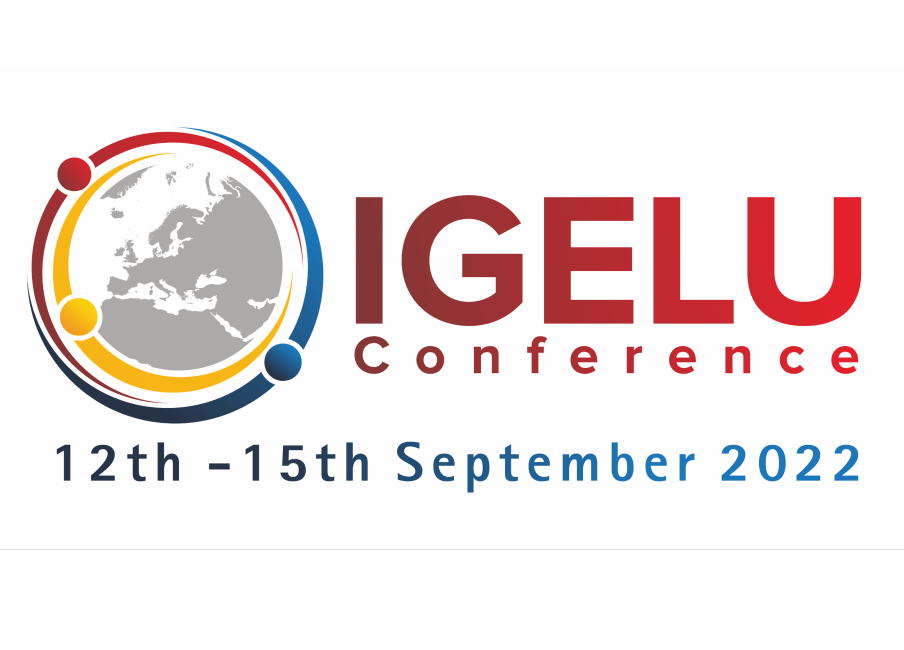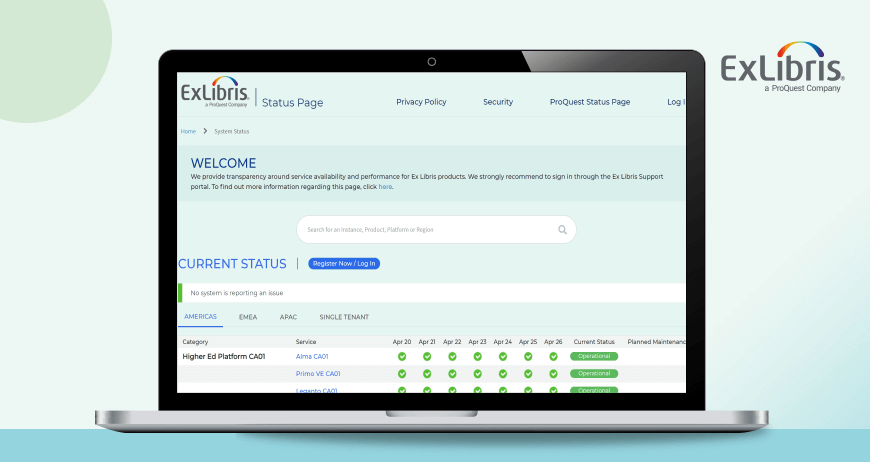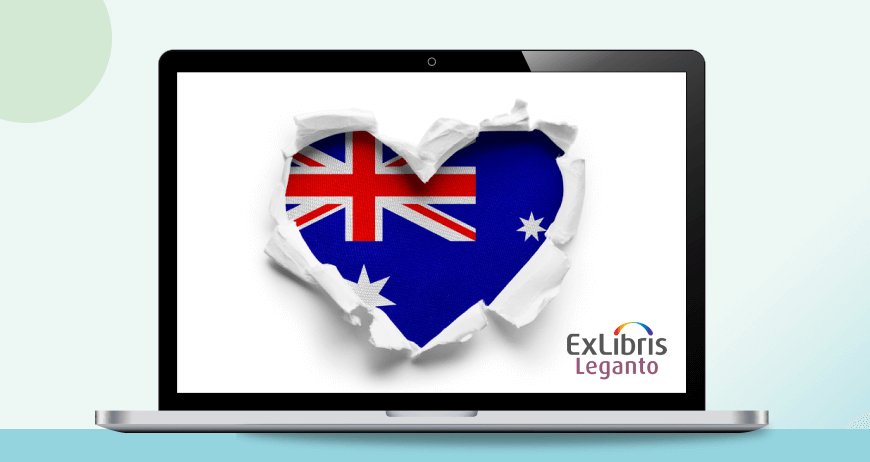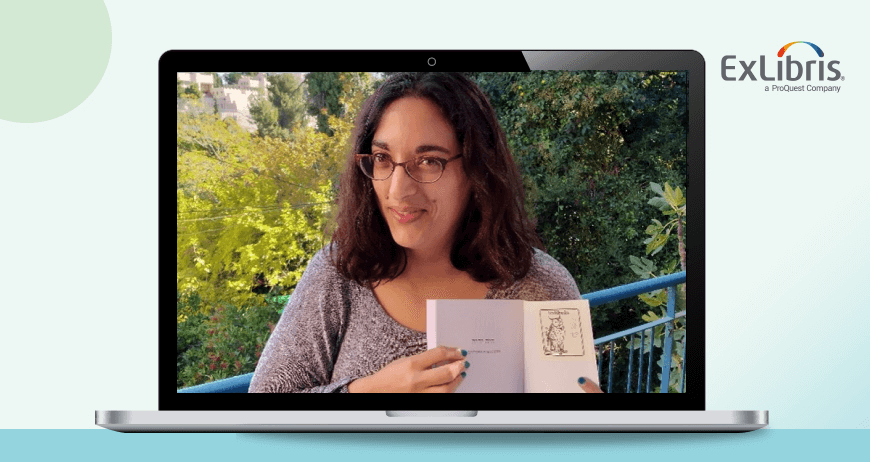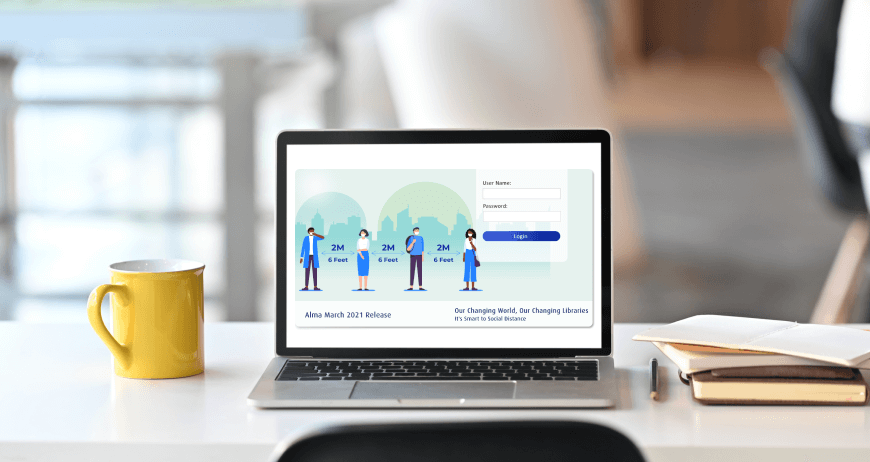Rachel Kessler, Product Manager, PQIS
[blockquote2]ODI, the NISO Open Discovery Initiative, is the industry’s forum to promote transparency and content neutrality in library discovery. Having worked at Ex Libris on data ingestion into our discovery system, I am quite aware that it can be difficult for libraries and content providers to determine which content is discoverable and how systems link to full text. While libraries are concerned with making sure that their users have access to all available content, publishers want their content to be visible and fairly weighted. This is where ODI can help.
I joined the group in 2014 and in 2016 I became co-chair. While I am excited to be able to help drive this important initiative forward, the group began well before I became a member. Before expounding further on the group’s current projects and future goals, I would like to provide a bit of background on the history of ODI and why the group was formed.[/blockquote2]
At ALA 2011, Ex Libris’s Jenny Walker facilitated a conversation between representatives of discovery services, content providers, libraries, and NISO. The goal of this meeting was to promote transparency in the ambiguous web-scale discovery ecosystem. Content providers were contributing records of varying quality, only contributing some of their content to discovery services, or were not participating in discovery at all. Discovery services did not understand how content providers bundled their content or how these packages were reflected in feeds they were receiving from content providers.
Libraries became increasingly concerned by the lack of clarity regarding exactly what was and was not indexed in their discovery service and were troubled by the idea that discovery service providers that also sold content might be unfairly promoting their own content within their proprietary discovery services.
This 2011 meeting laid the foundation for what would soon become the Open Discovery Initiative. The goal of the group would be to create a framework that would enable all stakeholders to better understand the flow of information in and out of discovery services. As such, the group set to work drafting a recommended practice, which addressed the following areas:
- Communicating levels of content provider participation
- Streamlining the workflow between content providers and discovery services
- Defining models for “fair” linking from discovery services to publishers’ content
- Outlining usage statistics needed by libraries and content providers to assess the return on investment in discovery services
The recommended practice also encouraged content providers and discovery services to submit a conformance statement in which they declare the extent to which they uphold the recommended standard.
Once the recommended practice was released in 2014, the group disbanded, and a standing committee formed in its place. Its role was to:
- Promote educational opportunities to advance the adoption of recommended practices
- Provide support for content providers and discovery providers during adoption
- Provide a forum for ongoing discussion related to all aspects of discovery platforms for all stakeholders (content providers, discovery providers, and libraries)
- Determine timing of the next steps for ongoing work
More recently, this final bullet has been the main focus of the ODI’s work. Over the past several years, certain issues have lost their urgency while others have become more visible. The standing committee has, therefore, initiated several projects to inform future recommendations. These projects generally begin with interviews with relevant stakeholders both inside and outside of the committee followed by lengthy discussions to determine the most reasonable course of action.
One such initiative was to draft recommendations for a tool that would report content coverage in discovery services to both end users and content providers, as both stakeholder groups had expressed feelings of frustration regarding the lack of transparency. Libraries, who were paying for discovery systems, were challenged to determine exactly what was and was not included within central indexes, while content providers, who were investing in complex data feeds, were often finding content missing from discovery services and were struggling to determine what was lost and where in the information flow the content was lost. A tool that would allow relevant stakeholders to query central indexes on demand, or, at the very least, a spreadsheet that would give accurate coverage of the contents of discovery services, would serve to improve transparency in this regard.
Similarly, abstracting and indexing databases has been noticeably absent from discovery. Several members of the working group conducted interviews with various A&I providers to get a general sense of the issues and then followed up with a survey for a wider audience. The findings of this survey will inform future recommendations that will hopefully alleviate A&I providers’ misgivings regarding participation in discovery services.
The group would like to work on additional projects as well, and is open to suggestions regarding other areas of concern that would benefit from increased dialogue across stakeholders. Please feel free to contact the standing committee at odi@niso.org. The more discussions around discovery take place, the more we can improve the discovery experience for all.
Rachel Kessler currently manages several of ProQuest’s subscription databases. She was previously a product manager at Ex Libris, where she was responsible for MetaLib and Primo Central. Rachel has been serving on the editorial board for the Association of Learned & Professional Society Publishers’ journal, Learned Publishing, since February and has been a member of the NISO Open Discovery Initiative Standing Committee since 2014, which she has co-chaired since April 2016. Rachel holds a BA in Economics from Columbia University and an MBA from the Hebrew University of Jerusalem.

